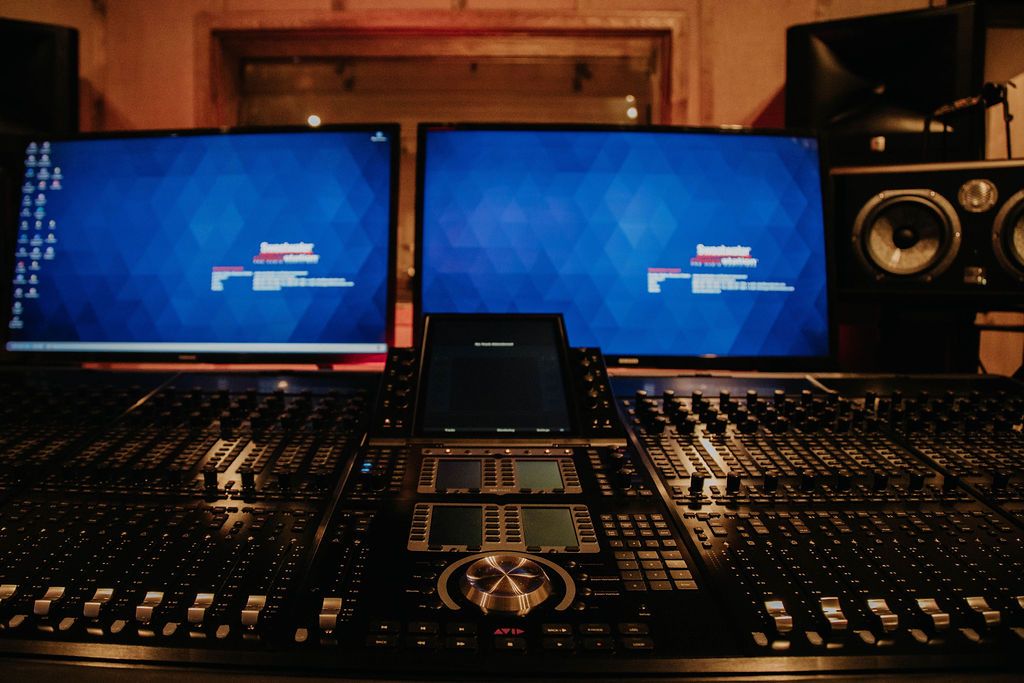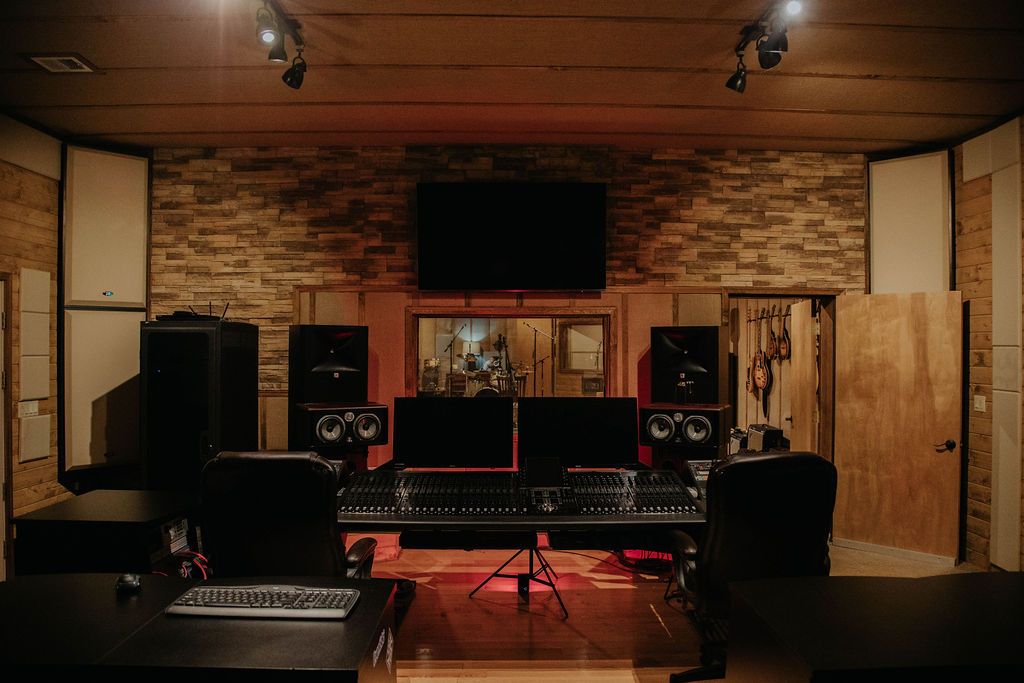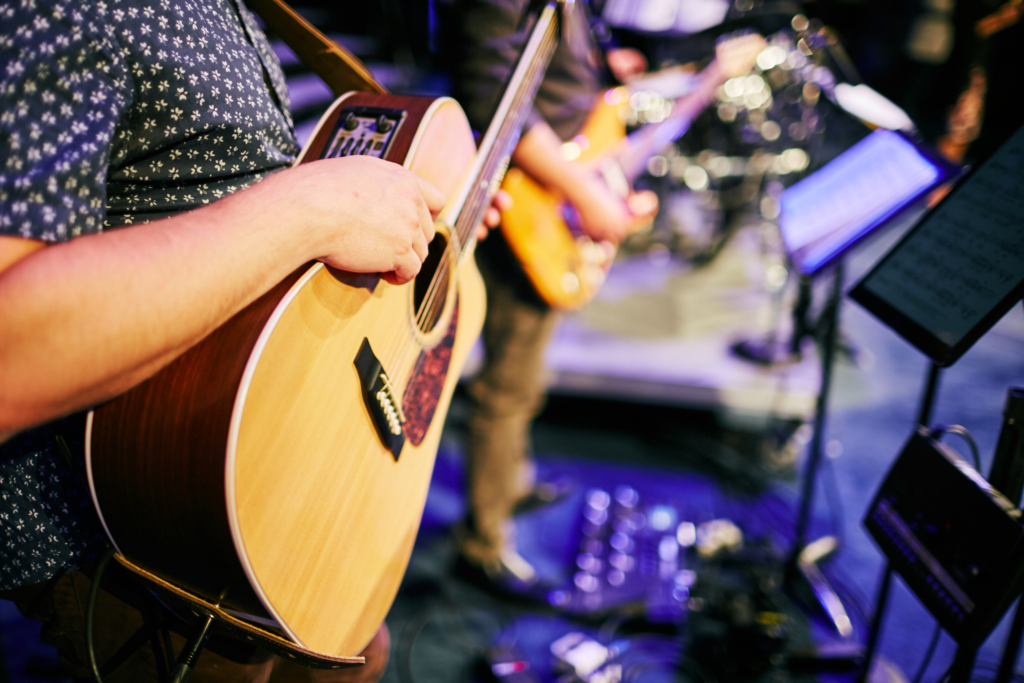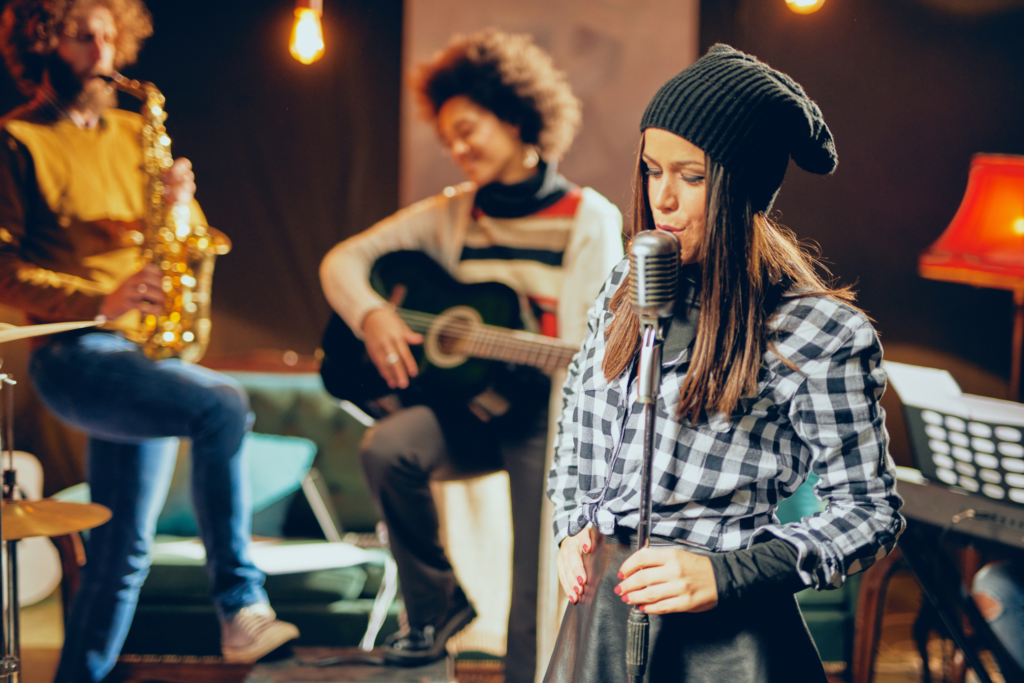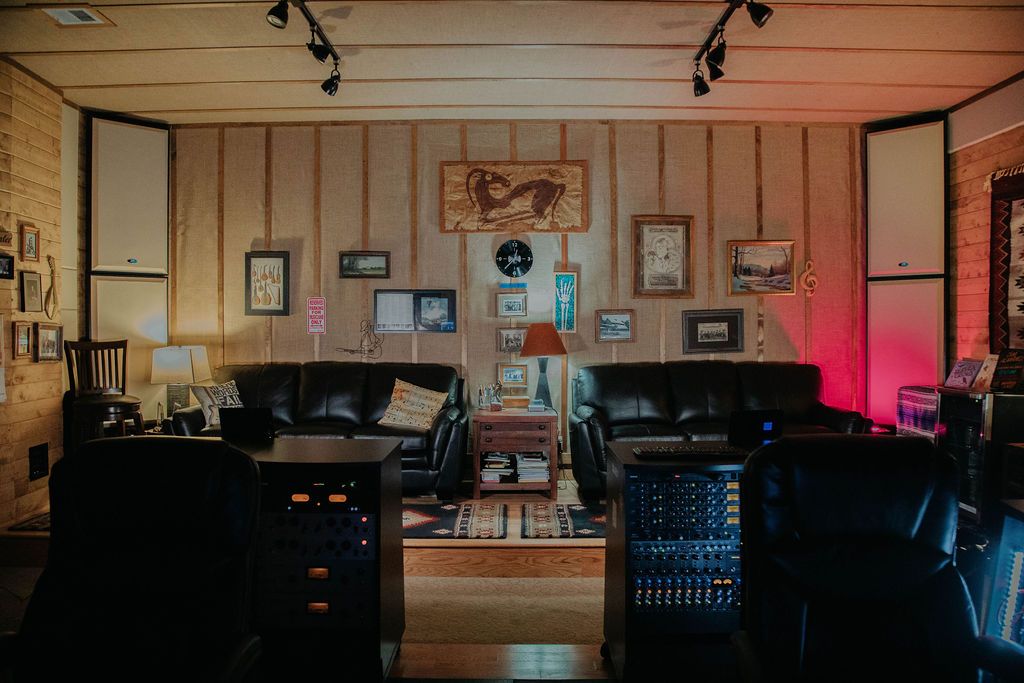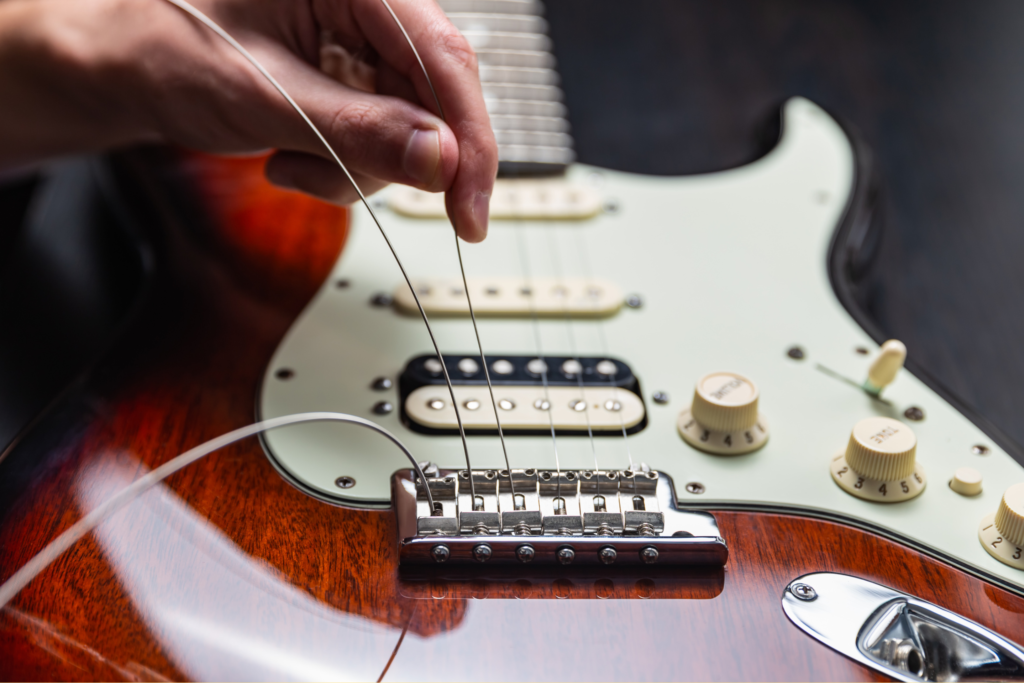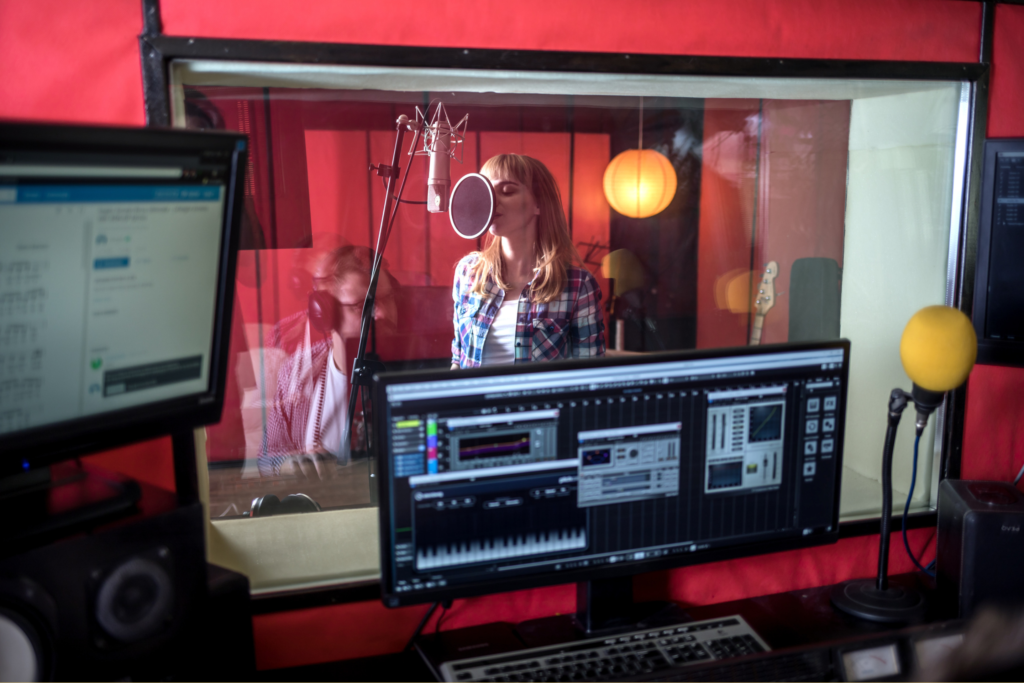How Recording Studio Technology Impacts Your Tracks
Recording studio technology has come a long way in recent years. It’s now easier than ever to produce high-quality tracks to get your original music to the masses. As technology continues to advance, it’s important to understand how it impacts your sound as a recording artist.
In this post, we’ll discuss the latest trends in recording studio technology and how they affect your tracks. From cutting-edge software to advanced microphone techniques, you can learn about how all these tools take your music to the next level.
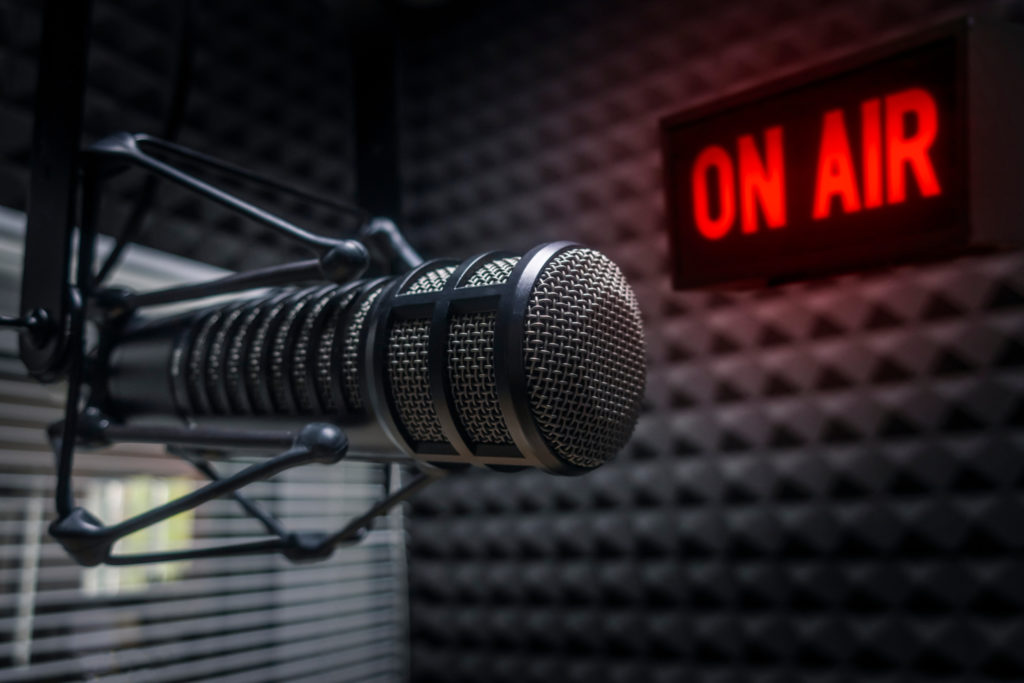
What equipment is used in a recording studio?
Walk into any recording studio, and you’ll find more equipment than is probably necessary to meet your needs. Some recording artists require more accommodation than others, so most Albuquerque recording studios carry top-of-the-line recording studio technology to suit everyone.
Some of the most common equipment you can find in recording studios include:
- Audio interfaces convert analog audio signals into digital signals that can be processed by a computer.
- Cables and adapters to connect equipment and transfer audio signals.
- Digital audio workstations (DAWs) include software used to record, edit, and mix audio.
- Headphones for recording, mixing, and monitoring.
- Microphones for capturing sound, typically condenser or dynamic microphones.
- Mixing consoles to adjust the levels, EQ, and other effects of individual tracks.
- Monitors for mixing and mastering, typically near-field monitors.
- Recording mediums like hard drives, USB drives, or tapes to record the audio.
This is not a comprehensive list of all recording studio technology and equipment used by Albuquerque recordings studios.
At Big Cat Tracks, the gear we use depends on the type of music being recorded and the preferences of our engineers and producers. Rest assured, we always recommend the recording studio technology and equipment needed to make your music sound its very best.
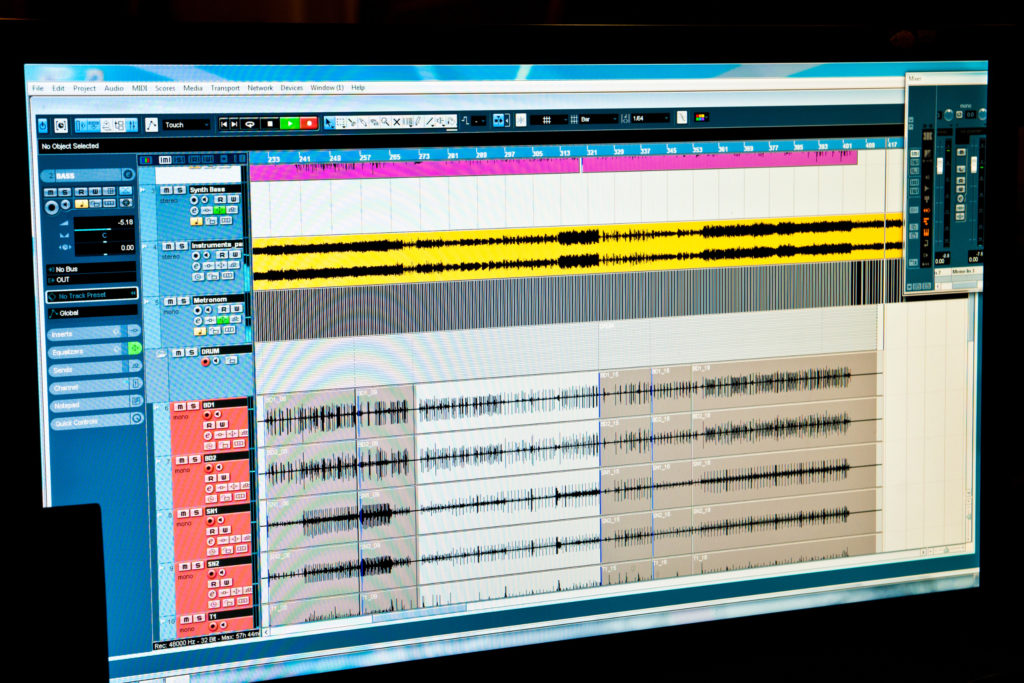
Which software do most recording studios use?
Physical equipment like audio interfaces, microphones, and monitors aren’t the only recording studio technology necessary for producing a smooth-sounding track.
Albuquerque recording studios also use a variety of software to make audio recordings sound professional.
- Audio Editing Software
Software like Adobe Audition and Audacity is used for editing, cleaning, and adjusting audio levels. - Automation Software
Automating the mixing process can make an engineer’s job easier. Some Albuquerque recording studios rely on Pro Tools Automation and Logic Pro Automation to assist. - Compression and Dynamic Processing
Software like Waves, Izotope, and FabFilter process and shape the dynamic range of audio recordings. - Digital Audio Workstations (DAWs)
DAWs are the primary software used for recording, editing, and mixing audio. Some of the most popular DAWs include Ableton Live, Logic Pro, Pro Tools, and Studio One. - Reverb and Delay
Plugins like Altiverb, Lexicon, and Eventide add reverb and delay effects to audio recordings. - Virtual Instruments
Native Instruments, EastWest, and Spectrasonics are three types of virtual instrument software that can mimic the sound of instruments for playing, recording, and producing music.
These are just a few examples of the software Albuquerque recording studios may use to make your audio recording sound professional. Some engineers and producers have specific preferences for equipment and software, so you might find something completely different than what’s listed here when you go in for your studio session.
Don’t be afraid to ask what recording studio technology the engineer or producer plans to use and why they have selected it.
Albuquerque recording studios that use recording studio technology
Equipment isn’t the only factor in choosing a reputable Albuquerque recording studio. Make sure you choose one that meets your needs and can produce a quality recording. It doesn’t matter if a studio meets your budget if you end up with a final product that doesn’t help you accomplish your music goals.
To find a recording studio that fits the bill, remember to:
- Ask for referrals from other musicians and industry experts in Albuquerque. They can guide you to reputable studios.
- Check out the studio’s portfolio to get a sense of the quality of their recordings and the types of artists with whom they’ve previously worked.
- Schedule a visit to the studio to confirm they have the equipment, engineers, and producers needed for your music project.
Big Cat Tracks has helped other successful Albuquerque artists advance their careers and meet their goals. Give us a call today to schedule a consultation to discuss your needs.
